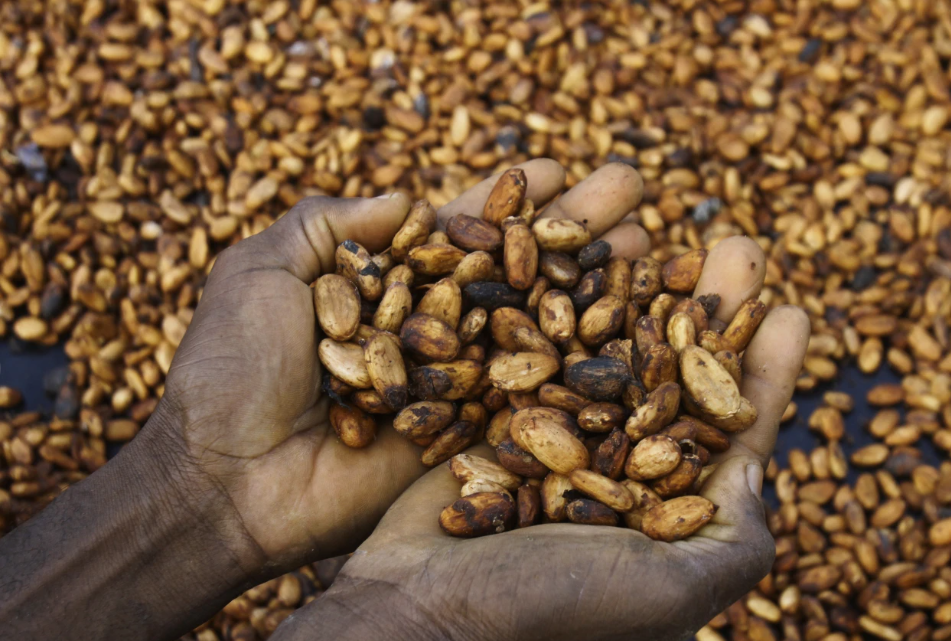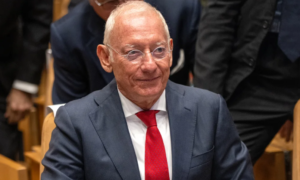Jean Mari Konan Yao, a cocoa farmer in Ivory Coast, is facing difficulties as adverse weather conditions and plant diseases have negatively impacted cocoa harvests in recent years. Like many other farmers in Ivory Coast, the world’s largest cocoa producer, Yao has long relied on cocoa as a vital source of income. However, he now faces new concerns due to U.S. President Donald Trump’s plans to impose a 21% tariff on products from Ivory Coast — the highest tariff among West African nations.
Although Trump has temporarily paused the tariff for 90 days pending further review, officials in Ivory Coast worry that such tariffs could push cocoa prices higher and destabilize the local market, making it harder to sell cocoa. Ivory Coast produces between 2 million and 2.5 million metric tons of cocoa annually, with around 200,000 to 300,000 metric tons exported to the U.S. The country exported $3.68 billion worth of cocoa beans in 2023, making it the second-largest export after gold.
For many local cocoa farmers, any tariff could worsen an already struggling market, exacerbated by decreasing yields and limited financial resources. “If we hear the American president is going to put a tax on the price of cocoa, it’s really not good for us, it doesn’t help us,” said farmer Salif Traoré.
Cocoa prices in Ivory Coast have already been rising due to irregular rainfall and extreme weather in key cocoa-growing regions. According to the Energy and Climate Intelligence Unit, cocoa prices in the U.K. have increased by 32% over the last three years, partly due to extreme weather in Africa. Together, Ivory Coast, Ghana, Nigeria, and Cameroon account for about 75% of the world’s cocoa production.
In Ivory Coast, the government usually sets cocoa prices for each season based on global market trends, although the prices remain lower than those on the global market, limiting farmers’ profits. If the U.S. tariff is implemented, authorities have indicated that they may need to raise local cocoa prices.
“Donald Trump’s customs tax is causing us problems. We are already feeling the effects,” said Boss Diarra, coordinator of the cocoa farmers’ union in Bouaflé. He noted that some cocoa bags remain unsold due to market uncertainty.
However, a U.S. tariff could potentially shift more cocoa sales to European markets. According to market data, Europe is a major importer of Ivory Coast cocoa, and if the U.S. demand drops, European buyers may take advantage of the lower prices. “When there is too much, the customer is king,” said Bruno Marcel Iritié, a researcher at Ivory Coast’s Félix Houphouët-Boigny Polytechnic Institute.













